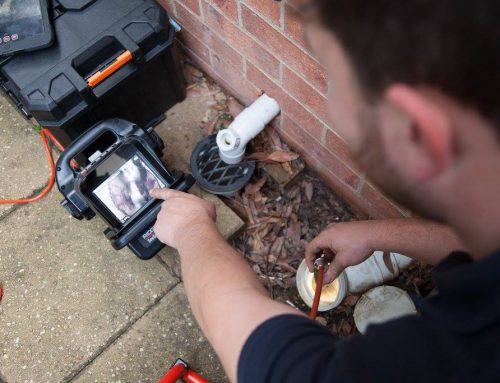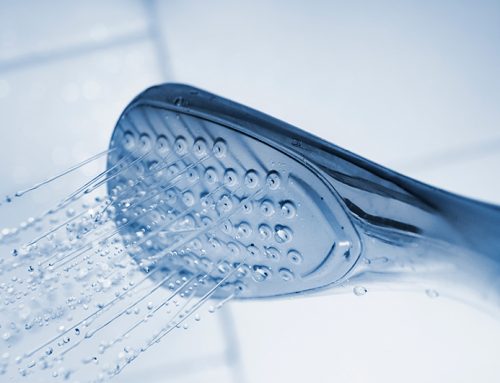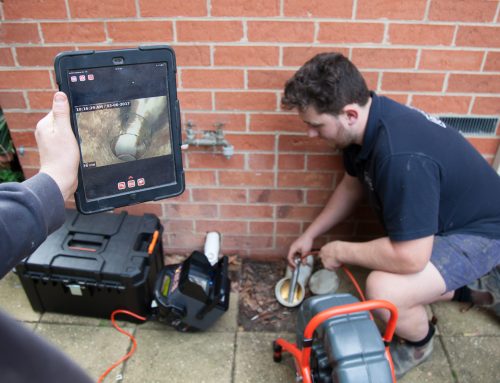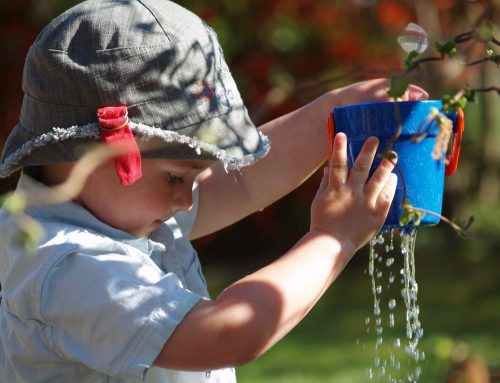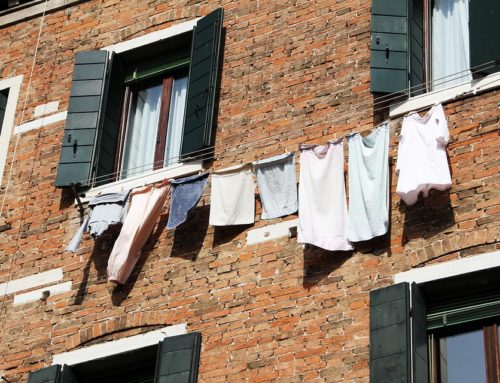There is nothing more frustrating than looking forward to a shower only to find that the water pressure is so low that you need to run around the shower to get wet! Low water pressure is a real problem for many home owners, but what causes this loss in pressure?
Generally, there are 7 different causes, all of which require the expertise of your local plumber to identify and repair.
1. Debris and mineral build up in pipes
A build-up of debris and minerals in your water pipes can slowly cause a lowering of the water pressure over time. Sand, dirt and other pollutants that enters via your home’s sinks or through a small crack in the water pipes, as well as minerals from the water can all reduce the diameter of the pipes, resulting in lowered water pressure. Your plumber can use CCTV to identify any debris or mineral build up that is causing the loss in pressure.
2. Corrosion build up inside piping
Regardless of the age of your water pipes, over time there is always a slow build-up of corrosion that isn’t always flushed through the system. Even though most water pipes are supposed to last for 20 years or more, sooner or later you will notice a reduction in pressure which might be due to corrosion. Corroded pipes need to be replaced by a qualified plumber.
3. Multiple Faucet Use and Small Pipes
With homeowners preferring multiple bathrooms and other water outlets in their home, this inevitably results in more than one shower or tap being used at one time. Understandably, without an increase in the capacity of your mains water pipe that delivers water to your home, using multiple outlets at the same time will continue to reduce the water pressure down the line.
4. Partially Shut Valves
Low water pressure could be due to one or more partially shut valves that reduce the flow of water to your home’s outlets. These are usually located close to taps and other water outlets, and there is also a pressure release valve and a main water value that can become lodged half open as well. Locating the faulty value and rectifying the problem is a job for an experienced plumber.
5. Hot Water Low Pressure
This can be due to a greater demand for hot water at one time than can be supplied by your hot water system. It can also be due to a faulty water pressure valve located on your hot water system or even because your pipes can’t cope with the capacity required. Replacing the valve is an easy job, but if the capacity of the water pipes is too small or your hot water system can’t deliver the required volumes of hot water, you will need to consider your options.

6. Water Leaks
If you notice a rapid, rather than a slow drop in water pressure then you might have a water leak somewhere in your pipes. Obvious causes are easy to spot, but if you can’t see any overt water leak, you might have a concealed leak underground. Your local plumber can inspect your pipes and locate the leak using CCTV.
7. Municipal water supply malfunctions
Occasionally, the problem isn’t in your home, but with the council’s supply of water to your home. Their pipes are just as prone to dirt, debris, corrosion, mineral build-up and cracks as the pipes in your home, so it always pays to check with your municipal water supplier before calling in your local plumber.
For further assistance contact your local plumber, and if you’re on the Bellarine Peninsula on the Surf Coast in Victoria, make sure you call us!

